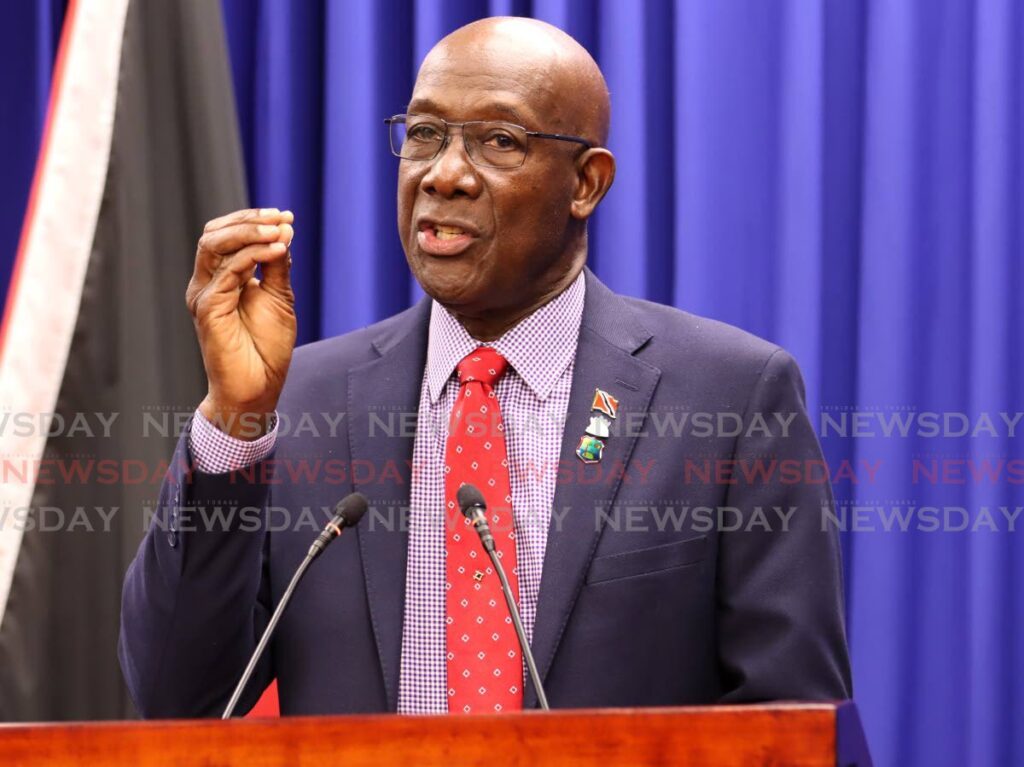Honouring our origins

BY ORDER dated April 18, the Cabinet amended the schedule of the Public Holidays and Festivals Act, changing the name of the holiday we observe today from Emancipation Day, for the first time, to African Emancipation Day.
It is a small yet significant change. It reflects, for better or worse, a world in which history itself seems under threat; in which our origins face erasure.
When the renaming of the holiday was announced by the Prime Minister, there was a somewhat mixed response.
There were concerns over the fact that, outside the Cabinet, seemingly no one had been consulted. Some pondered whether the new name is exclusionary. Others worried about the risk of inflaming divisions.
Emancipation, a few argued, has always been understood to relate to the African experience. Why change?
And yet it is precisely because Emancipation has always been associated with the African experience that there is no peril in being specific. In fact, the specific is what engenders universal understanding in this case.
“We make it quite clear that Emancipation in TT is a result of the Emancipation of slaves,” said Dr Rowley. “There is no comparison between slavery and any other form of human (indignity). We, as descendants of slaves, have a duty to preserve our history, our legacy and to make our claim without apology.”
The PM said he had noticed, internationally, attempts to “add appendages” to the reasoning behind Emancipation and this informed Cabinet’s move. In fact, the threat is more insidious.
In countries where radical right-wing sentiment is now part of mainstream politics, there has been a movement to erase the facts of the past. Schools in the US can teach children slavery “benefited” slaves. In the UK, one government was hostile to the mere existence of critical race theory. In France, Marine Le Pen’s party, with overt racists found among its rank and file, has been brought to the gates of power.
Little TT having pioneered this holiday, we bear a unique responsibility in preserving it amid this tide.
However, we must go further.
The review of colonial-era place names commissioned by the Cabinet is indispensable, but it is not all that needs to be done.
For instance, we need more creative ways of making the annual August 1 holiday resonant, outside the usual Savannah village. The special IMAX film screening of Ava DuVernay’s Origin by the Emancipation Support Committee on August 4 is a good example of the kind of modern approach required.
Meanwhile, our lobbying on the global stage for slavery reparations, climate justice and financial-system equity should be deepened.
And in our melting-pot society, we must also work harder to remember that no matter what names we bear, what touches one touches all.

Comments
"Honouring our origins"